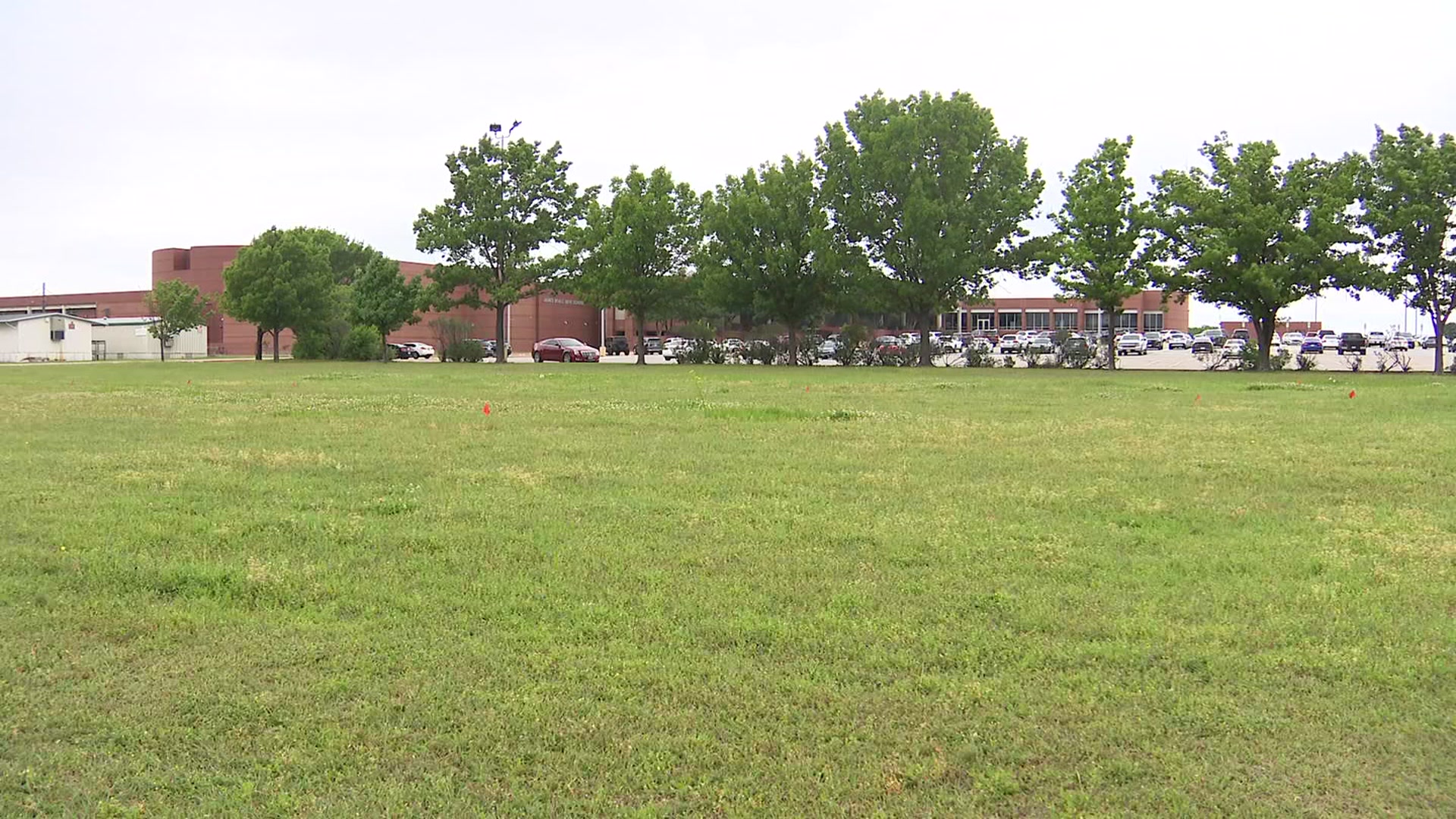It’s a call that strikes fear in the heart of any American taxpayer. Across the country, Americans have been getting threatening automated messages that claim to be from the IRS.
The message threatens legal action and urges an immediate return call.
Arlington resident Junia Bettes got one of those calls.
“Very demanding,” said Bettes, describing the message. “Adamant. Almost angry, but just the type of voice that would startle a person, especially a senior citizen that doesn't deal with such type things.”
But the retired teacher wasn’t fooled. Instead of calling the number in the message, she contacted NBC 5 Investigates' Consumer Unit.
“We paid our taxes April the 15th,” she said.
Bettes paid her taxes in full, and her return was prepared by a skilled accountant. She knew she didn’t owe the IRS and immediately suspected the call was a con.
Local
The latest news from around North Texas.
She was right.
The message claims to be from Internal Revenue Services. That’s the first red flag. The official government agency is called the Internal Revenue Service.
It then said, “The reason of this call is to inform you that IRS is filing lawsuit against you.”
The awkward sentence construction is the second red flag. The misuse of the preposition “of” as well as the missing articles “the” and “a” are unlikely mistakes in an official government message.
The third red flag is the phone call itself. The IRS never initiates contact with a taxpayer by phone or email.
“If there were problems with your tax return, you would get notices in the mail -- probably several notices before you ever get a phone call from us,” confirmed Clay Sanford, an IRS Spokesman.
Sanford said the crooks usually demand money or ask for personal information. Sanford assures that the IRS would never demand immediate payment or account information by phone.
“I think they [the crooks] are scum!” said Bettes. “Senior citizens don’t need to be harassed by those people.”
Our investigation revealed North Texas senior citizens aren’t the only ones being harassed by these types of calls. NBC 5 Investigates Consumer Unit found taxpayers across the country -- from Florida to Washington State to Pennsylvania -- have received similar calls with the same odd wording.
The message instructed Bettes to call the phone number, 713-574-8435. When the call was returned, the following message played: “Your call did not go through.” It’s an indication the crooks are no longer using this number.
But research reveals the thieves used the number many times in the past. Dozens of taxpayers complain in various online forums that they’ve gotten the same threatening message from what appears to be that same phone number.
The IRS said these calls are getting more sophisticated. Crooks can use phone spoofing which masks the true origin of the call. Some crooks may have part of your social security number or other personal information which makes the call seem authentic.
The IRS said these crooks are often overseas, making them beyond the reach of U.S. law.
If you get a call like this, don't call them back. And never give them your personal information.
You should also report the call to the Treasury Inspector General for Tax Administration and Federal Trade Commission.



